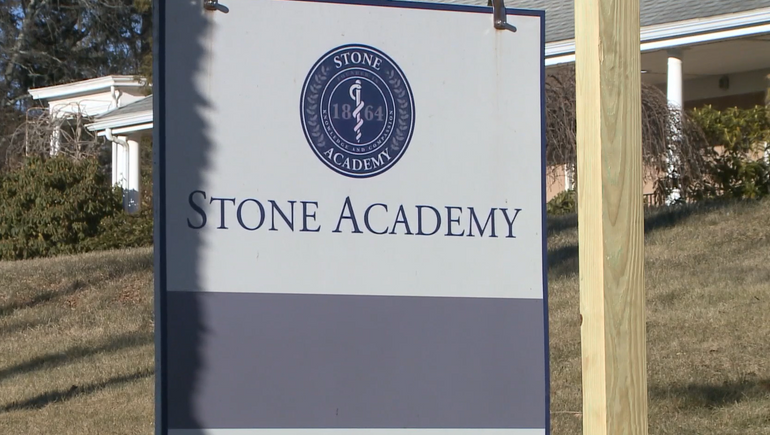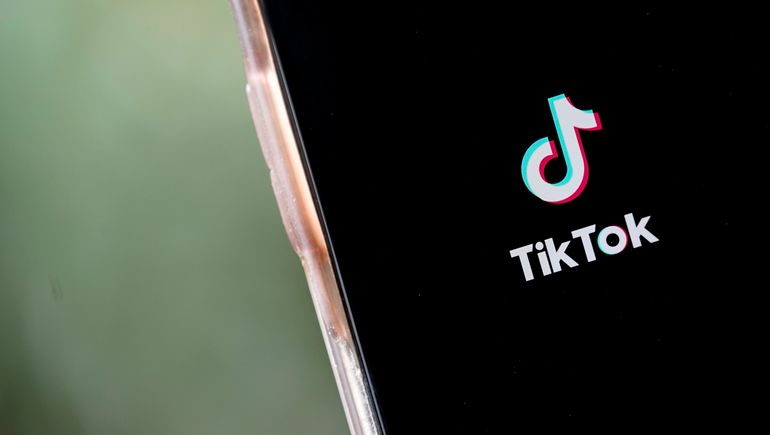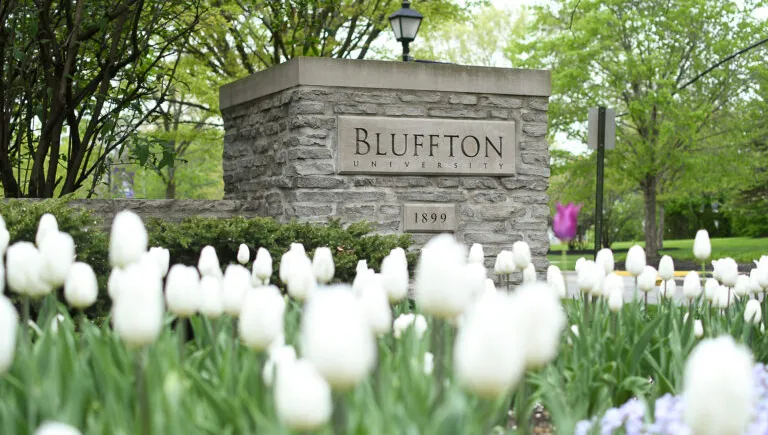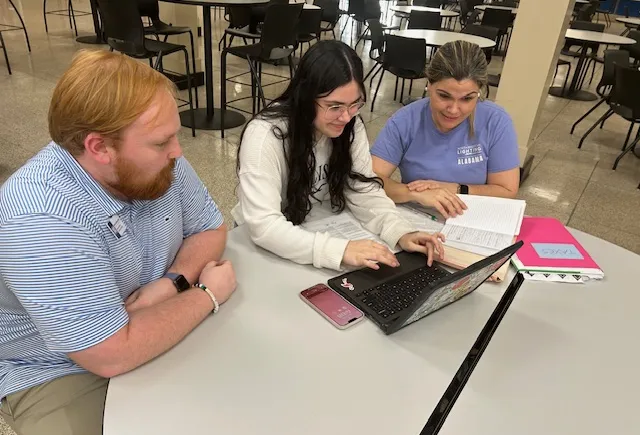[ad_1]
Dive Brief:
- A group of bipartisan lawmakers introduced a bill Tuesday that would allow Pell Grants to be used for short-term programs, signaling growing momentum for expanding federal financial aid to these types of offerings.
- Pell Grants can now only be used for academic programs lasting at least 15 weeks. However, the new bill would establish Workforce Pell Grants that could be used for programs as short as eight weeks, starting for the 2025-26 academic year.
- State workforce boards, accreditors and the U.S. Department of Education would determine whether programs would be eligible for Workforce Pell Grants, including by verifying whether they provide a return on investment for students.
Dive Insight:
Some higher education advocates have long wanted Congress to expand Pell Grants to short-term programs. Both Republican and Democrats have supported the idea, but prominent lawmakers have pitched different proposals for how it should be carried out.
However, Tuesday’s bill has the support of key legislators on both sides of the aisle. Rep. Virginia Foxx — a North Carolina Republican who chairs the House Committee on Education and the Workforce — is one of the co-sponsors of the bill, along with Rep. Bobby Scott, a Virginia Democrat and ranking member of the committee.
In a statement, Scott bemoaned that students can’t use Pell Grants for short-term training programs in fields like welding and information technology.
“As a result, many adults cannot afford to attend or complete courses that will help them get good-paying jobs and compete in the modern economy,” Scott said. “This is a disservice to our students, workers, and employers.”
The measure would establish several guardrails to limit which short-term programs would be eligible for the Workforce Pell Grants, according to a bill summary.
For instance, the Education Department would have to verify that programs maintain both completion rates and job placement rates of at least 70%. To be eligible, programs would also be required to show they provide a positive return on investment and that their short-term Pell recipients make at least as much as high school graduates in their state.
Short-term programs would have to show state workforce boards that they provide education for high-skill, high-wage or in-demand occupations.
And they would have to prove to accreditors that they confer credentials that can provide academic credit toward at least one certificate or degree program. Accreditors would ensure these credentials would be accepted by more than one employer.
Correspondence courses — in which students receive instructional materials from institutions but don’t have regular and substantive interaction with their teachers — would not be eligible. However, the bill would not exclude online programs from short-term Pell — a key point of contention in prior proposals.
The financial aid would be conferred in the same way as typical Pell Grants. They would also count toward a student’s lifetime eligibility for the regular Pell Grant, the bill summary said. Students who’ve earned a postgraduate degree would not be eligible for short-term Pell Grants.
[ad_2]
Source link









